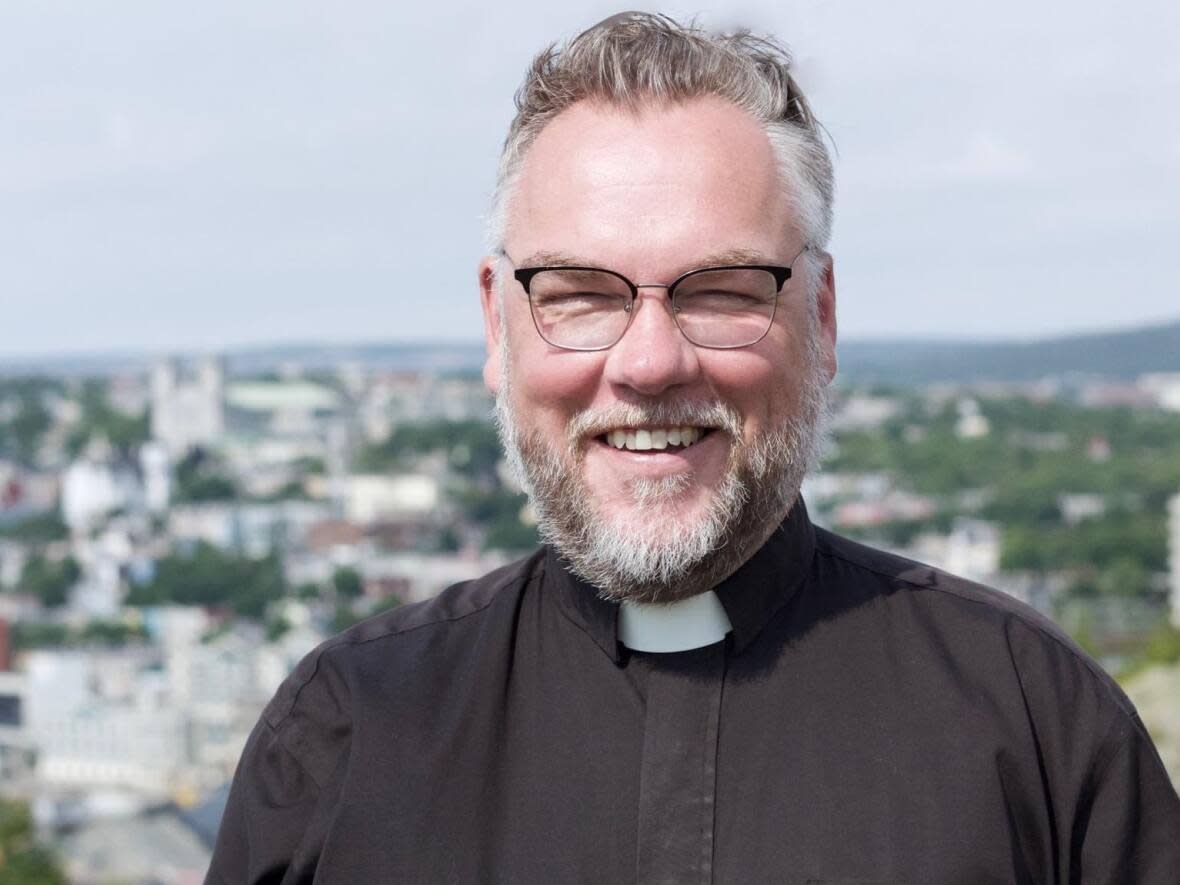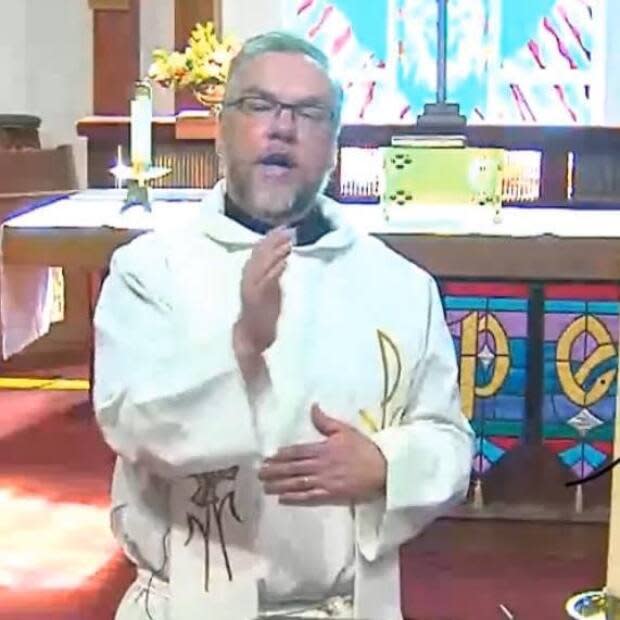The church will never regain the power it once had, but this minister says that's a good thing

Christian churches aren't as crowded as they used to be on Sunday mornings, but Rev. Robert Cooke doesn't see that as a problem.
"The church is one option people can choose. But they don't have to. Some people find spiritual belonging on the East Coast Trail. Or in a yoga studio," he said.
"I was just having a conversation with my oldest daughter. She's 24 and really into astrology, and we were making some connections between astrology and the Christian faith," said Cooke. "The spiritual seeking is still there. People might not be going to traditional churches to engage in those pursuits, but it's still there."
Cooke, who just completed 11 years as rector at St. Mark's Anglican Church in St. John's, notes that even devoted parishioners can't be counted on to fill the pews every week, because they can shop around.
"Now you can access any church anywhere at basically any time," he said. "So it's a game changer."
"I think the church will continue. But it's going to be radically different. It's going to really shake the foundations of what makes us the church."

Testing the foundations
Cooke's new job will provide plenty of opportunity to test the foundations and debate the radical changes.
By joining the Queen's College faculty at Memorial University, he will help the next generation of Christian ministers and leaders prepare for the future.
But not all the challenges are new.
Church attendance in North America and Europe has been declining for decades. In some places, including Newfoundland and Labrador, the decline has coincided with revelations of corruption and child abuse.
The moral authority once wielded by the local priest or minister is gone.
"The consequences are still hurtful and painful," Cooke said. "There's still a sense of betrayal, and it's caused people to turn away from the church. But as we come out the other side, the church is in a better place without power and authority over people's lives."
"It enables us to be who we're supposed to be, get back to basics a little bit more. The church is transforming from a cultural entity into a more spiritual entity, where you have smaller congregations, but more faithful, more committed people who are intentionally choosing to be disciples and followers of Jesus Christ."
Spiritual technology
The accelerated pace of changing technology is another challenge to the old ways of worship. In his time at St. Mark's Anglican Church, Cooke saw the transformation happening almost daily, especially when the COVID-19 pandemic began.
"Social media is a great way to engage with people, where we're not limited by geography, and hierarchical boundaries, and sometimes denominational boundaries. One of the biggest compliments that my parishioners gave to me during the pandemic was, throughout the whole thing, they still felt connected. We still felt connected spiritually and liturgically."
"It just shows the potential of technology. During the pandemic, I did prayers at time of death over FaceTime. Because that's the only way I could be present with the person. It was still meaningful. God was present. But it's certainly different from what we're used to."

Cooke is looking forward to tackling these issues and more in his new job.
"Although it's an Anglican theological school, you have faculty from different traditions," he said. "You have students from all of the Christian traditions here in the province. It also opens up doors into conversation with our Muslim and Buddhist and Hindu and Jewish and atheistic members of the human family. These deep questions of meaning and purpose go beyond religion."
The questions do not have definitive answers, but that's part of what appeals to him.
"What does it mean to be human? To live in a human community? What does God have to do with any of that stuff?" said Cooke. "Regardless of whether people identify as religious or not, it's a deep human desire to talk about these things, and live them out. Theology is never just about thinking about God. It's about living out God. Some would say it's about bringing God into existence."

 Yahoo Movies
Yahoo Movies 
